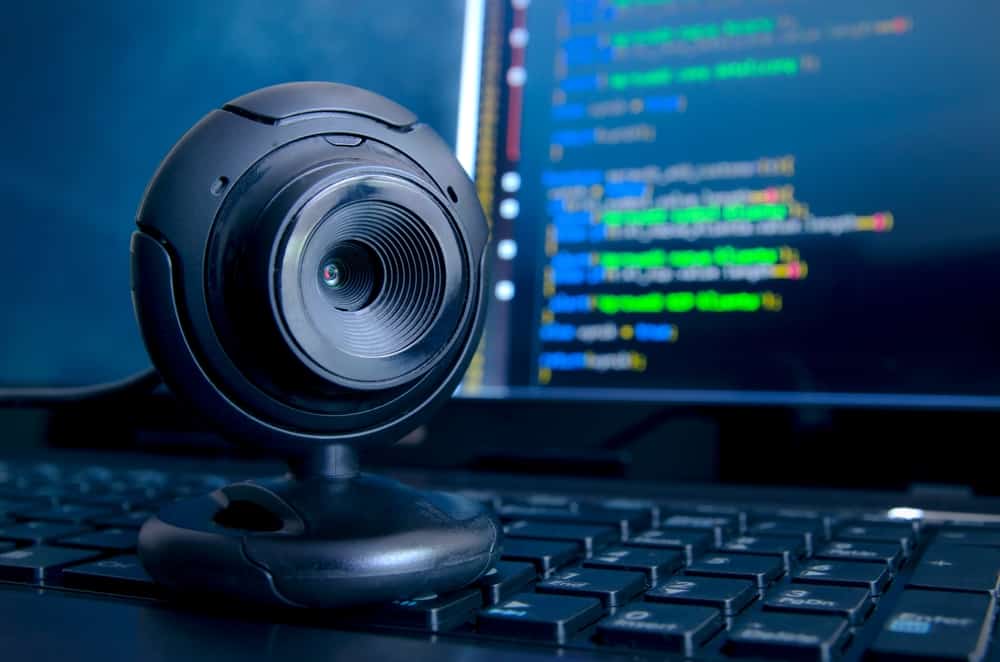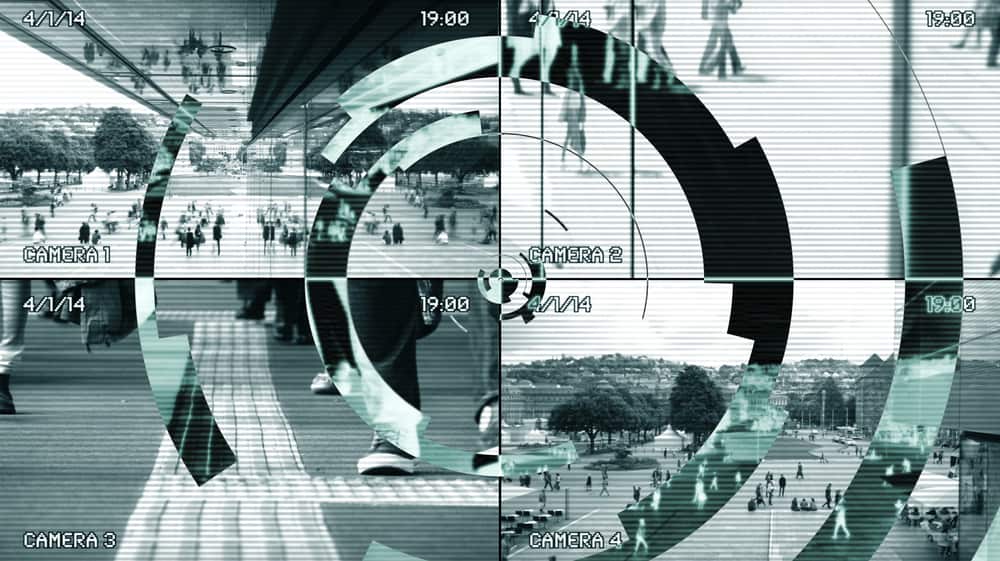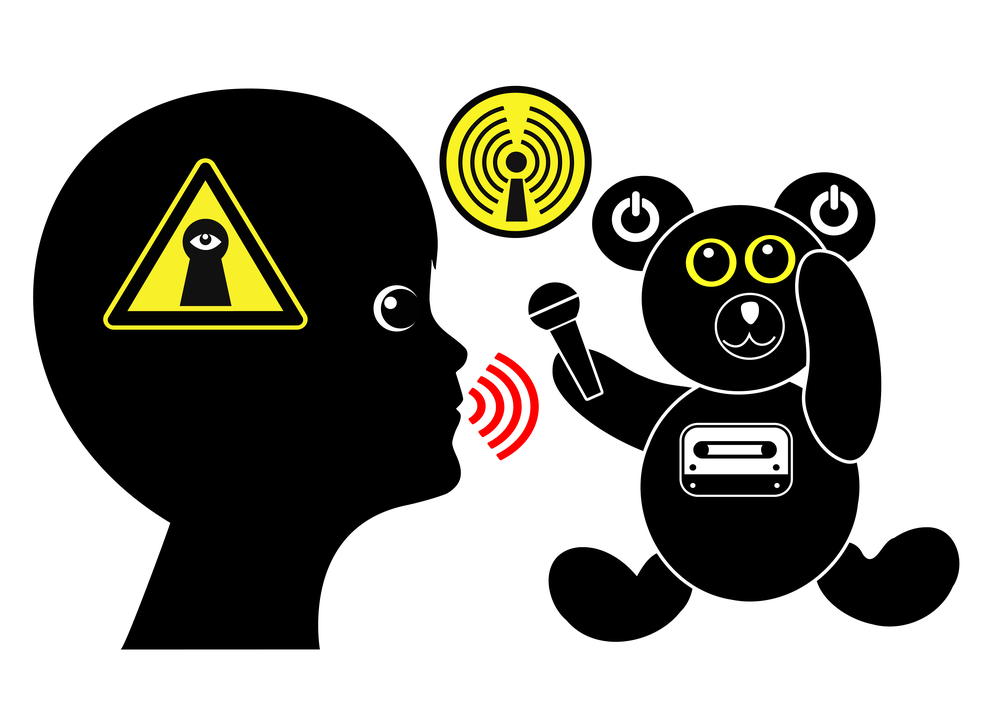I’m sorry to have to tell you this … but your house is haunted.
Well, it is if you have a Vizio television that can connect to the Internet. About 11 million consumers have bought those TVs since 2010, so you might be one of them.
Now the Vizio ghost isn’t your typical ghost. It doesn’t turn out lights or move around your furniture for no apparent reason like most movie specters do. (I assume because they’re all spirits of obsessive interior decorators.)
Instead, it just sits in your house and records every movie, show and documentary that you ever get the urge to watch — even if you’re using a DVD player. And then it sells all of that information to advertisers.
The reason I refer to Vizio as a ghost isn’t just for laughs.
Knowing your television hardware company is monitoring your preferences really does feel similar to having an unknown presence lurking in your home. Kinda makes the hairs stand up on the base of your neck.
And let me just stress that even in this age of smart household appliances that sell aggregated, anonymous information to advertisers, this is a rare event.
See, since 2014, Vizio has made its Internet-connected TVs sell specific information about your viewing habits without asking for consent. Vizio even retrofitted older models by remotely installing its tracking software. I know, that made me pause too.
Altogether, Vizio captured as much as 100 billion data points each day from millions of TVs.
And to be clear, this got much more personal.
Vizio gave consumers’ IP addresses to data aggregators, who matched the address with an individual consumer and household. And although Vizio’s contracts with third parties barred the reidentification of consumers by name, it allowed a host of demographic information, such as sex, age, income, marital status, household size and even education level.
Meanwhile, consumers simply didn’t know that while they were watching their TVs, their TVs were watching them back.
That’s why the Federal Trade Commission (FTC) investigated the company and filed a lawsuit against Vizio, challenging its tracking practices. In fact, on Monday, February 6, the FTC and Vizio settled out of court to the tune of $2.2 million.
Now, I, for one, am glad that Vizio’s penchant for haunting homes was brought to light. But I’m concerned that this is happening more and more often — and that companies simply think they can get away with it. I feel like every day, I hear of another infraction on our privacy rights.
I think in today’s world, it’s simply prudent to know how to shield yourself from prying eyes.
Now, before I sign off, I also want to get your thoughts.
Am I just Chicken Little-ing this issue, or is our privacy really falling? Are you at all concerned about the smart appliances in your home collecting data on you, or do you think it’s just harmless and a natural byproduct of the age of technology?
I’d love to know what you think, so please reach out to me at SovereignInvestor@banyanhill.com.
Catch you next week.

Regards,
Jessica Cohn-Kleinberg




